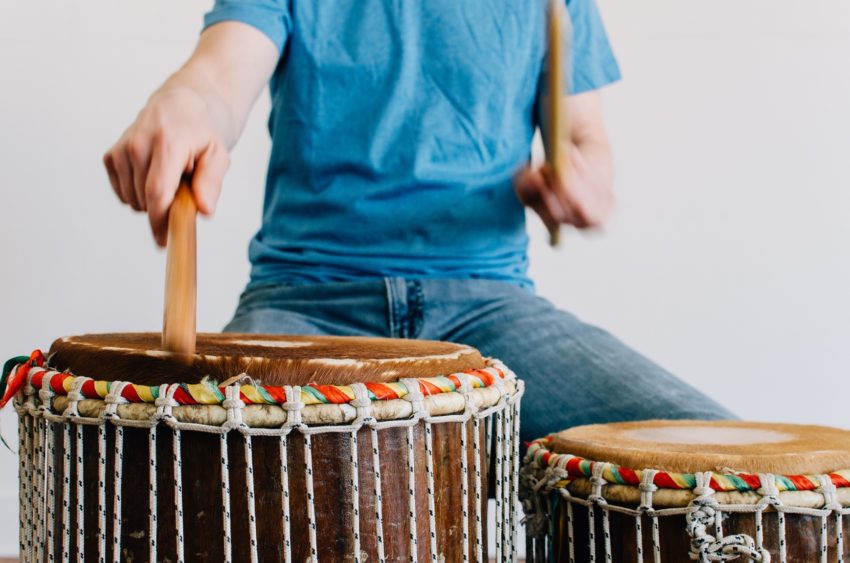Music Heals: How Therapy Got its Groove Back
November 18, 2016
3 min read
 Four years ago, friends David Barnett and Chris Brandt realized that participating in the Music Therapy Ride wasn’t exactly the best event for two guys without motorcycles. But they still wanted to do something to support the therapy that they believed in. After a series of aspirational conversations, David made time in his busy schedule to build the framework for a charitable foundation devoted to supporting and increasing access to music therapy. When he brought the paperwork to Chris and asked for help hiring staff, Chris proposed another idea. Chris Brandt is now executive director of Music Heals, one of Vancouver’s most active charities making a difference in people’s lives throughout British Columbia.
Four years ago, friends David Barnett and Chris Brandt realized that participating in the Music Therapy Ride wasn’t exactly the best event for two guys without motorcycles. But they still wanted to do something to support the therapy that they believed in. After a series of aspirational conversations, David made time in his busy schedule to build the framework for a charitable foundation devoted to supporting and increasing access to music therapy. When he brought the paperwork to Chris and asked for help hiring staff, Chris proposed another idea. Chris Brandt is now executive director of Music Heals, one of Vancouver’s most active charities making a difference in people’s lives throughout British Columbia.
If music therapy strums your heartstrings just right, you can give to Music Heals and your gift will be matched until November 30.
Give to Music Heals
What is Music Therapy?
Music therapy uses music to achieve non-musical goals that can be therapeutic. Chris gives an example: “If you’re working with someone in the burn unit and you’re playing guitar with them, the goal isn’t to teach them how to play guitar. It’s to raise the pain threshold.” Music therapy as delivered by an accredited therapist has a whole host of benefits including relaxation, improved cognition, lowered stress, pain management and much more, all without the use of drugs and with no harmful side effects.
How Music Heals Helps
Music Heals has adopted an aggressive and flexible plan of attack that has allowed their impact to grow quickly. “We run Music Heals like a record label. We don’t run it like a charity,” says Chris. The board of directors at the foundation is eager to use modern tools, like Chimp, to give speed and efficiency to their fundraising plans, while using social media to effectively spread the message that music therapy needs to be more available to patients. They also host an annual fundraiser called Strike a Chord, a gala event with beloved musical artists that raised $100,000 in 2015.
Music Heals invests in established programs that need more service. For $15,000, they can add one day of music therapy per week for an entire year. That’s the kind of long term benefit that can really pay off for people suffering from prolonged treatment or recovery.
How You Can Help Music Heals
When we spoke to Chris, he was reviewing applications for funding that amounted to 50% more than the foundation has in its budget. The demand for music therapy is high and growing and donations large and small are extremely important to a relatively new, active charity like Music Heals. Chris recognizes that people only have so much to give: “Personal donations are an emotional investment, and we totally appreciate those people who want to do that and think that we’re the place that they want to give their hundred bucks to once a year.”
